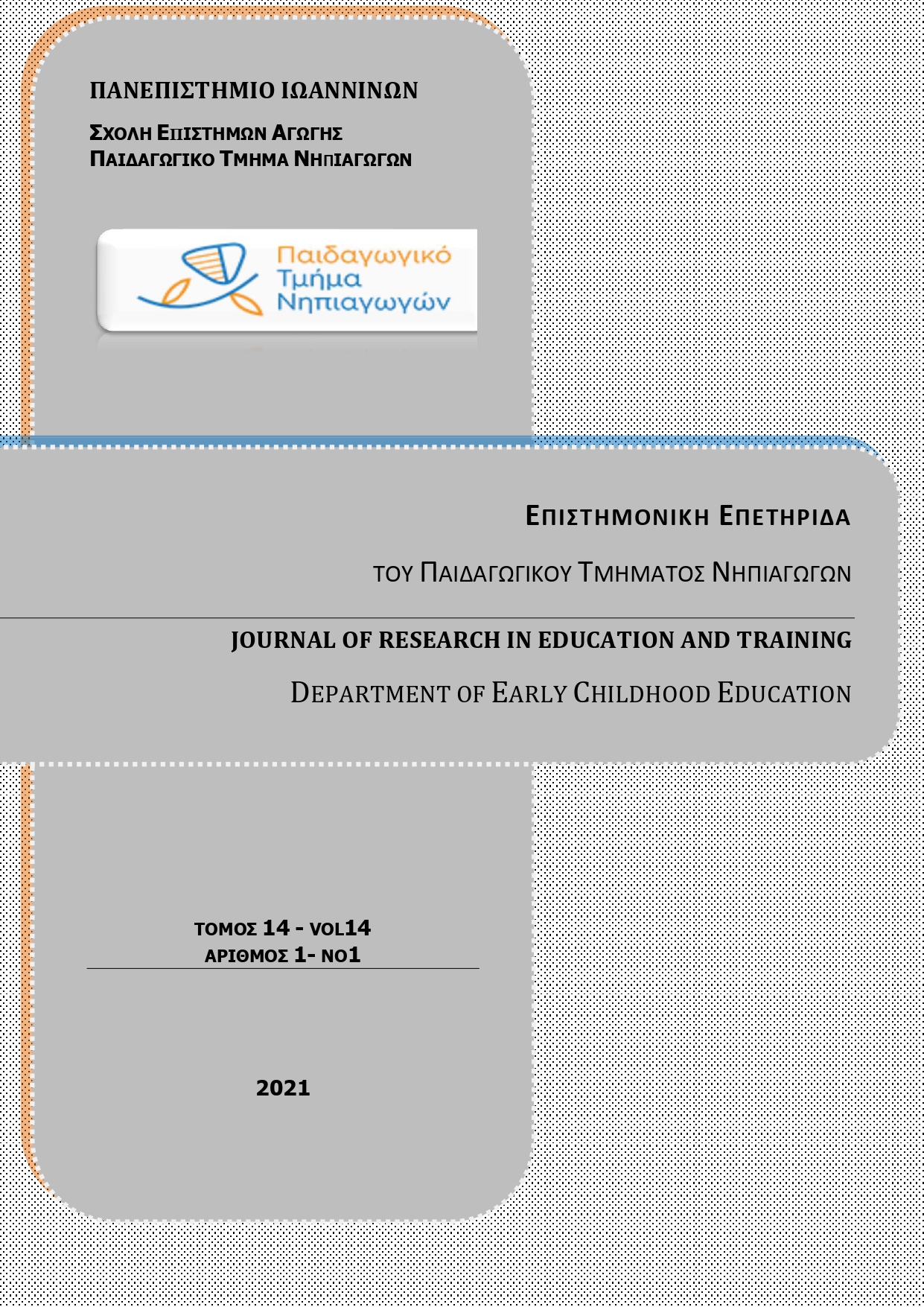Institutional framework and running of child care centers in Greece, emphasizing mainly in music a study of their evolution over the years

Abstract
Until the end of the 19th century, child care in Greece was of welfare nature, with their primary concern being the offering of the necessary care and providing, apprenticeship of children in a craft, with the purpose of their surviving later as adults. The initial concern of child welfare in Greece came after the end of the 1821 revolution, when the Greek state, in its attempt to rebuild itself, appeared to have as its primary concern the child protection, due to the poor social conditions of the era and the large number of orphans that emerged from the constant warfare. It is then that the state attempted to set up the institution of child protection, by resorting mainly to the help of national benefactors and private charities, since state resources are scarce. Awareness of the need of education and training of infants begins in the early 20th century, when more and more childcare centers are set up in the form of modern day care centers.
The present study examines the evolution of the institution of day care centers in Greece over time. A historical overview of the institutional framework as well as the feasibility of aims of day care centers in our country is attempted. In particular, the establishment of the first day care centers and their evolution into the form that they are today are researched. Particular mention is also made of the cognitive field of music education and the frequency of music activities in the kindergarten weekly program
Article Details
- How to Cite
-
Nousia, A., & Raptis, T. (2022). Institutional framework and running of child care centers in Greece, emphasizing mainly in music: a study of their evolution over the years. Journal of Research in Education and Training, 14(1), 69–84. https://doi.org/10.12681/jret.22550 (Original work published March 3, 2022)
- Issue
- Vol. 14 (2021)
- Section
- Articles

This work is licensed under a Creative Commons Attribution-NonCommercial-ShareAlike 4.0 International License.
Authors who publish with this journal agree to the following terms:
- Authors retain copyright and grant the journal right of first publication with the work simultaneously licensed under a Creative Commons Attribution Non-Commercial License that allows others to share the work with an acknowledgement of the work's authorship and initial publication in this journal.
- Authors are able to enter into separate, additional contractual arrangements for the non-exclusive distribution of the journal's published version of the work (e.g. post it to an institutional repository or publish it in a book), with an acknowledgement of its initial publication in this journal.
- Authors are permitted and encouraged to post their work online (preferably in institutional repositories or on their website) prior to and during the submission process, as it can lead to productive exchanges, as well as earlier and greater citation of published work (See The Effect of Open Access).


